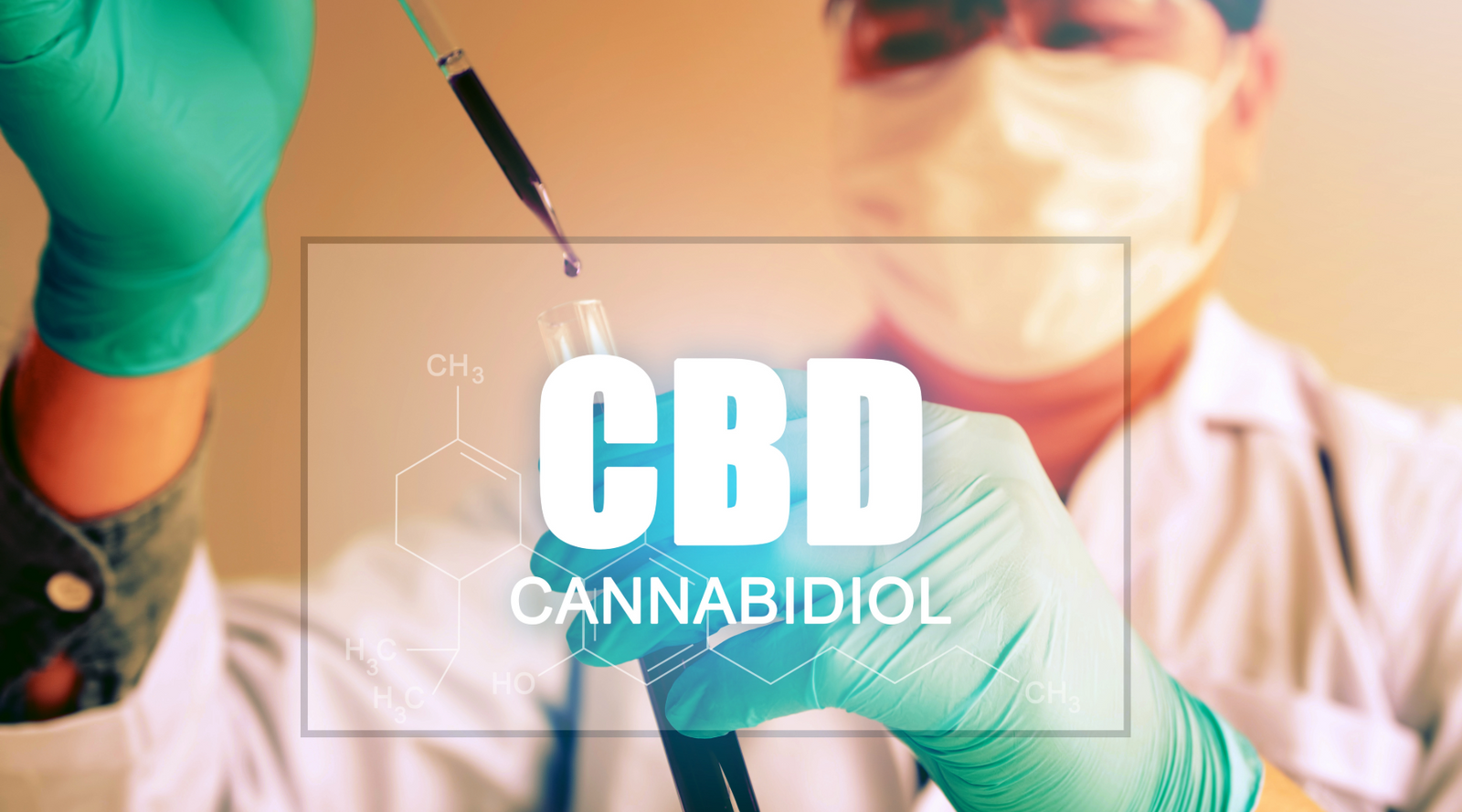Cannabidiol, commonly known as CBD, has gained tremendous popularity in recent years due to its numerous health benefits. However, some people are still skeptical about using CBD products because they fear that it might lead to addiction. In this blog post, we will explore the reasons why CBD is not addictive.
Firstly, it is essential to understand that addiction is a complex condition that involves changes in the brain's reward system. It is characterized by compulsive drug-seeking behavior despite harmful consequences. Addiction usually occurs when a substance stimulates the release of dopamine, a neurotransmitter that triggers feelings of pleasure and reward. When a person uses a substance repeatedly, the brain adapts to the increased dopamine levels and reduces its production, leading to physical and psychological dependence.
Unlike THC, the psychoactive compound found in marijuana, CBD does not produce a euphoric high. It works by interacting with the endocannabinoid system, a complex network of receptors and enzymes that regulate several physiological processes, including pain sensation, mood, appetite, and sleep. CBD does not bind to the CB1 receptors, which are responsible for the psychoactive effects of THC. Instead, it modulates the activity of other receptors, such as the serotonin and adenosine receptors, which are involved in mood regulation and pain perception.
Moreover, CBD has been shown to counteract the addictive effects of some substances. A study published in the journal Neurotherapeutics found that CBD can reduce cravings and anxiety symptoms in people with heroin addiction. Another study published in the Journal of Psychopharmacology found that CBD can reduce cue-induced cravings and anxiety in people with cannabis addiction.
CBD has also been found to have a good safety profile. According to the World Health Organization, CBD is generally well-tolerated and has no potential for abuse or dependence. Unlike opioids and other addictive substances, CBD does not cause respiratory depression, a dangerous side effect that can lead to fatal overdoses. CBD is also non-toxic and non-intoxicating, making it a safe alternative to prescription drugs for pain management and anxiety.
In conclusion, CBD is not addictive. It does not produce a euphoric high, does not bind to the CB1 receptors, and has been shown to counteract the addictive effects of some substances. CBD is also safe and well-tolerated, making it a promising therapeutic option for various health conditions. If you are considering using CBD products, make sure to consult with a healthcare professional to determine the appropriate dosage and ensure its safety and efficacy.

